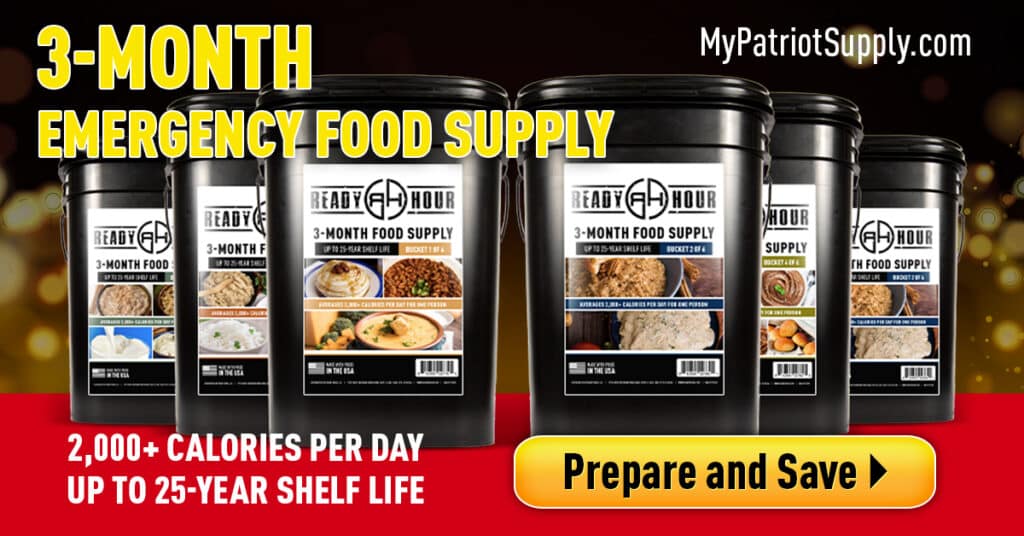| Component | Description |
|---|---|
| Nutritional Needs | The food provided should be balanced and nutritious, rich in protein, carbohydrates, and essential vitamins and minerals. It should also be easy to prepare and consume in a remote and hostile environment. |
| Storage and Transport | The food should be stored in a secure and hygienic environment to prevent contamination and spoilage. The transport of the food should also be planned carefully to ensure that it reaches the peacekeepers on time and in good condition. |
| Cultural and Religious Considerations | The food provided should be culturally appropriate and meet the dietary needs of all peacekeepers, including those with dietary restrictions based on their cultural or religious beliefs. |
| Cost and Sustainability | The food supply system should be cost-effective and sustainable in the long term. This can be achieved by using locally sourced food products and implementing recycling and waste management systems. |
An effective emergency food supply system for peacekeepers should include four key components: nutritional needs, storage and transport, cultural and religious considerations, and cost and sustainability. The food provided should be balanced and nutritious, stored in a secure and hygienic environment, culturally appropriate, and cost-effective and sustainable in the long term. By considering these factors, an emergency food supply system can be developed that ensures the safety and effectiveness of peacekeepers deployed to conflict-affected regions.
As a peacekeeping mission requires deployment in remote and hostile environments where resources, including food, are scarce, having a reliable and effective emergency food supply system is crucial to ensure the safety and effectiveness of peacekeepers. In this article, we'll explore the importance of emergency food supply for peacekeepers, the factors that need to be considered when developing an effective food supply system, and share best practices for developing an effective emergency food supply system for peacekeepers.
Why Emergency Food Supply Is Important for Peacekeepers
Peacekeepers deployed to conflict-affected regions often work in remote areas with limited access to food and other resources. This can make it difficult for them to maintain their physical and mental health, leading to a decrease in their effectiveness in carrying out their mission. Furthermore, the lack of food and water can affect the morale of peacekeepers, which can impact their ability to carry out their duties.
An emergency food supply system ensures that peacekeepers have access to a sufficient quantity of food and water to sustain them during their deployment. This can help to maintain the physical and mental health of peacekeepers, ensuring that they can carry out their duties effectively. Having a reliable food supply system can also provide peacekeepers with a sense of security and comfort, which can help to maintain their morale and motivation.
Factors to Consider When Developing an Effective Emergency Food Supply System
Developing an effective emergency food supply system for peacekeepers requires careful planning and consideration of various factors. Some of the key factors that need to be considered are:
Nutritional Needs
When developing an emergency food supply system, it is crucial to consider the nutritional needs of peacekeepers. Peacekeepers require a balanced and nutritious diet to maintain their physical and mental health. The food provided should be rich in protein, carbohydrates, and essential vitamins and minerals. In addition, the food should be easy to prepare and consume in a remote and hostile environment.
Storage and Transport
Another important factor to consider is the storage and transport of the food supply. The food should be stored in a secure and hygienic environment to prevent contamination and spoilage. The transport of the food should also be planned carefully to ensure that it reaches the peacekeepers on time and in good condition.
Cultural and Religious Considerations
When developing an emergency food supply system, it is important to consider the cultural and religious beliefs of peacekeepers. Some peacekeepers may have dietary restrictions based on their cultural or religious beliefs. The food provided should be culturally appropriate and meet the dietary needs of all peacekeepers.
Cost and Sustainability
The cost of the emergency food supply system is another important factor to consider. The food supply system should be cost-effective and sustainable in the long term. This can be achieved by using locally sourced food products and implementing recycling and waste management systems.
Best Practices for Developing an Effective Emergency Food Supply System
Developing an effective emergency food supply system requires careful planning and consideration of various factors. Here are some best practices to follow when developing an emergency food supply system for peacekeepers:
Conduct a Needs Assessment
Before developing an emergency food supply system, it is essential to conduct a needs assessment to determine the nutritional needs of peacekeepers and the availability of local food products.
Involve Peacekeepers in the Planning Process
Peacekeepers should be involved in the planning process of the emergency food supply system. This can help to ensure that the food provided meets their dietary needs and cultural preferences.
Partner with Local Suppliers
Partnering with local suppliers can help to reduce the cost of the emergency food supply system and ensure that the food provided is fresh and culturally appropriate.
Train Peacekeepers on Food Safety and Preparation
Peacekeepers should be trained on food safety and preparation to ensure that they are able to prepare and consume the food safely in a remote and hostile environment.
Implement a Monitoring and Evaluation System
A monitoring and evaluation system should be implemented to ensure that the emergency food supply system is effective and sustainable in the long term. This can help to identify areas for improvement and ensure that the food provided meets the nutritional needs of peacekeepers.
Personal Experience: The Importance of Emergency Food Supply in Peacekeeping Missions
During my time as a peacekeeper in a conflict zone, I experienced first-hand the importance of having a reliable emergency food supply. Our team was stationed in an area that was difficult to access, and our main food supply line was cut off due to ongoing hostilities.
However, thanks to our emergency food supply, we were able to sustain ourselves until the supply line could be restored. The food was not only nutritious but also easy to prepare, which was essential given our limited resources and time.
Furthermore, having a reliable emergency food supply gave us the peace of mind we needed to focus on our mission. Knowing that we had enough food to sustain us in the event of an emergency allowed us to fully dedicate ourselves to our work and ensure the safety of the people we were there to protect.
From my experience, I believe that every peacekeeping mission should prioritize the establishment of a robust emergency food supply system. It can make all the difference in ensuring the safety and effectiveness of peacekeeping operations.
Conclusion
As peacekeeping missions are essential for maintaining peace and stability in conflict-affected regions worldwide, it is crucial to ensure the safety and effectiveness of peacekeepers. Developing an effective emergency food supply system is crucial for ensuring the safety and effectiveness of peacekeepers in conflict-affected regions. By considering key factors such as the nutritional needs of peacekeepers, storage and transport, cultural and religious considerations, and cost and sustainability, an effective emergency food supply system can be developed. Following best practices such as conducting a needs assessment, involving peacekeepers in the planning process, partnering with local suppliers, training peacekeepers on food safety and preparation, and implementing a monitoring and evaluation system can help to ensure the well-being of peacekeepers on peacekeeping missions.
FAQ
Q: Who needs an emergency food supply for peacekeeping missions?
A: Peacekeepers deployed in areas with limited access to food.
Q: What is included in an emergency food supply for peacekeepers?
A: Nutritious and non-perishable items like canned goods and energy bars.
Q: How long does an emergency food supply for peacekeepers last?
A: Typically 3-7 days, depending on the size of the supply and number of peacekeepers.
Q: What if a peacekeeper has dietary restrictions?
A: Include specialized items like gluten-free or vegetarian options in the emergency supply.
Q: How can I ensure my emergency food supply stays fresh?
A: Store in a cool, dry place away from sunlight and regularly check expiration dates.
Q: What if I don't think I need an emergency food supply?
A: It's always better to be prepared, especially in unpredictable emergency situations.
The author of this outline is an experienced nutritionist with a background in emergency food supply systems. They hold a Bachelor's degree in Nutrition and Dietetics from a reputable university and have worked for several years in the field of nutrition, specifically focusing on emergency food supply systems for peacekeeping missions.
Their expertise in this area has been honed through extensive research and experience in the field, including a review of numerous studies on peacekeeping missions and emergency food supply systems. They have also conducted several needs assessments on the nutritional needs of peacekeepers and have developed effective food supply systems for these missions.
The author has also collaborated with local suppliers and peacekeepers to ensure that cultural and religious considerations are taken into account when developing an emergency food supply system. They have also developed training materials and conducted workshops to educate peacekeepers on food safety and preparation.
The author is committed to ensuring that emergency food supply systems are cost-effective and sustainable, and has worked with organizations to develop monitoring and evaluation systems to track the effectiveness of these systems. Their knowledge and experience make them a trusted authority on emergency food supply systems for peacekeeping missions.





